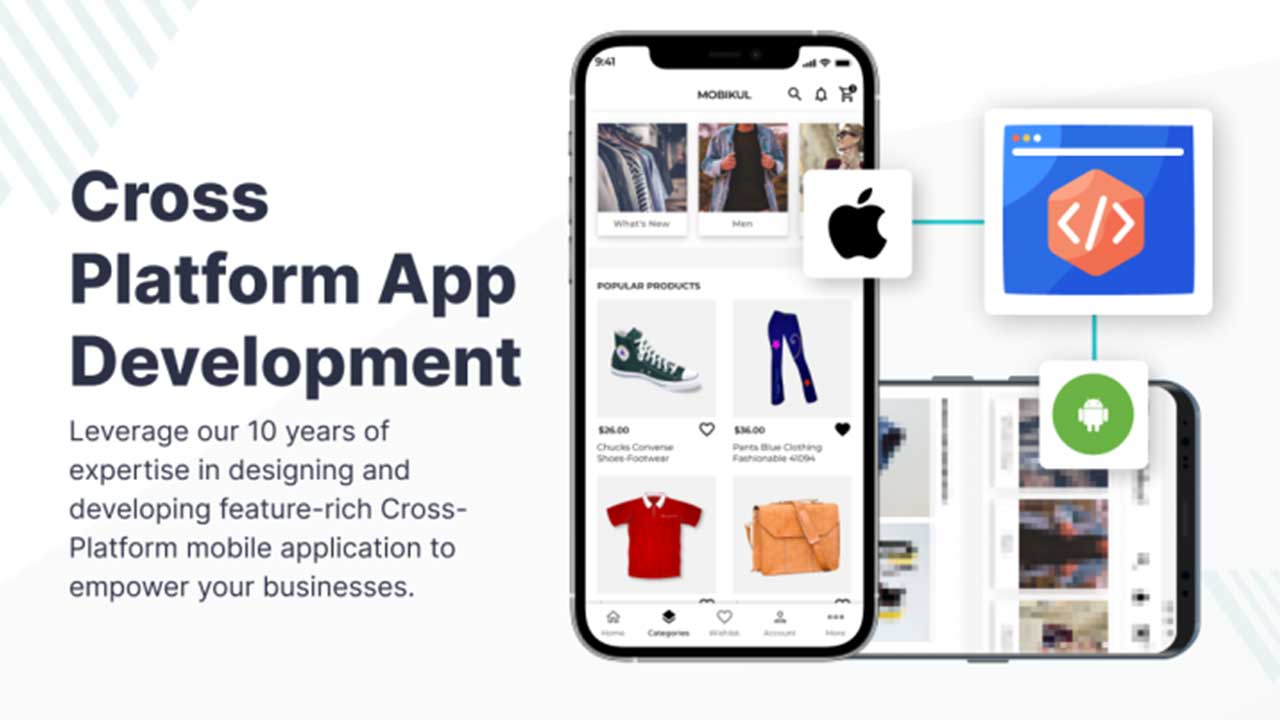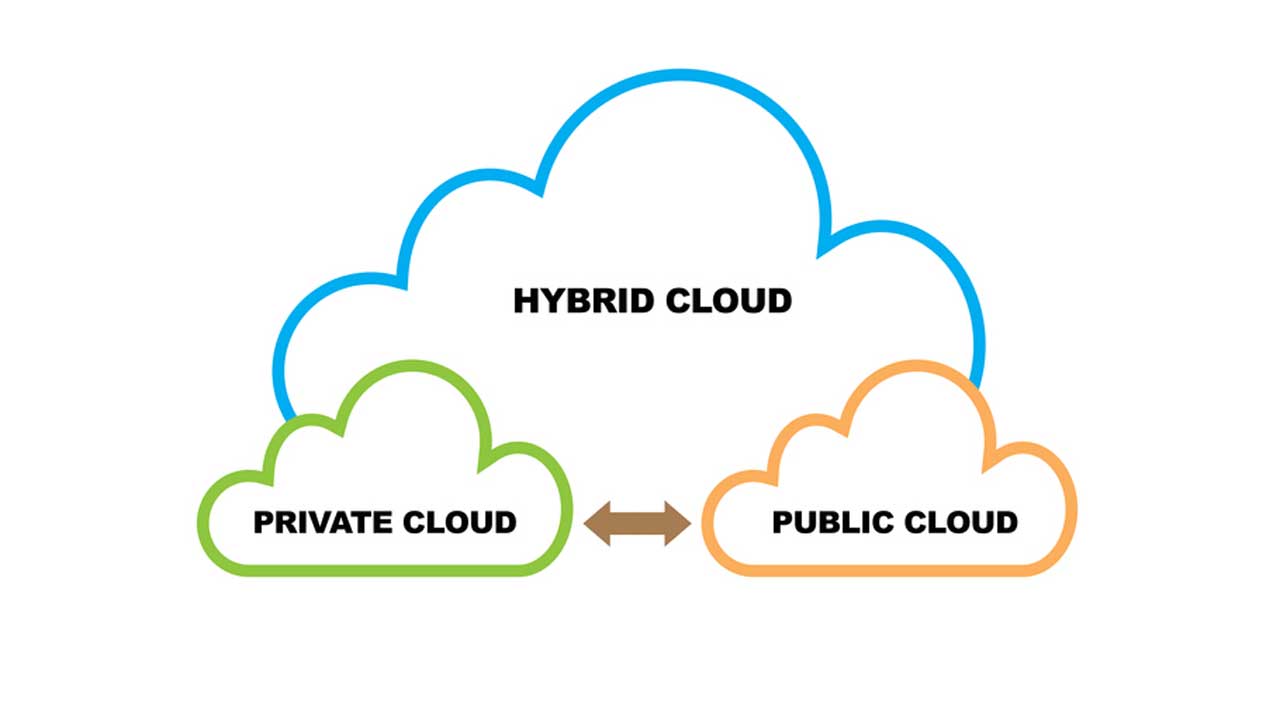Cross Platform App Development Services
In today’s fast-paced digital landscape, businesses and developers seek efficient and cost-effective ways to reach users across multiple platforms. Cross-platform app development services have emerged as a powerful solution to this challenge. By using a single codebase, developers can create applications that run seamlessly on both iOS and Android devices, saving time and resources. In this blog, we’ll explore the benefits, tools, and best practices for cross-platform app development.
What is Cross Platform App Development?
Cross-platform app development refers to the practice of building mobile applications that can run on multiple operating systems using a single codebase. Unlike native app development, which requires separate codebases for each platform (iOS and Android), cross-platform development allows for greater efficiency and consistency across different devices.
Benefits of Cross Platform App Development
1. Cost Efficiency
Developing a single codebase for multiple platforms significantly reduces development costs. Businesses can allocate resources more effectively, avoiding the need for separate development teams for iOS and Android.
2. Faster Time to Market
With a unified codebase, development and testing processes are streamlined, leading to quicker deployment. This accelerates the time to market, allowing businesses to respond to market demands and user feedback promptly.
3. Consistent User Experience
Cross-platform frameworks ensure a consistent look and feel across different devices, enhancing the user experience. Users enjoy a uniform interface and performance, regardless of the device they are using.
4. Easier Maintenance and Updates
Maintaining and updating a single codebase is simpler and more efficient. Bug fixes and feature updates can be rolled out simultaneously across all platforms, ensuring all users have access to the latest version of the app.
Popular Cross Platform Development Tools
1. React Native
Developed by Facebook, React Native is one of the most popular cross-platform development frameworks. It uses JavaScript and allows developers to build mobile apps with a native feel. React Native provides a rich set of components and a strong developer community.
2. Flutter
Flutter, created by Google, is a free, open-source toolkit designed for building applications that are natively compiled. It uses the Dart programming language and offers a rich set of pre-designed widgets, making it a favorite among developers for its high performance and flexibility.
3. Xamarin
Owned by Microsoft, Xamarin allows developers to build apps using C# and .NET. It offers a strong integration with Visual Studio and provides tools to test and monitor app performance. Xamarin is known for its ability to deliver near-native performance.
4. Ionic
Ionic is a free, open-source framework that utilizes web technologies such as HTML, CSS, and JavaScript. It is built on top of Angular and provides a library of mobile-optimized UI components. Ionic is ideal for developers familiar with web development.
Best Practices for Cross Platform App Development
1. Choose the Right Framework
Selecting the appropriate framework based on your project requirements and team expertise is crucial. Each framework has its strengths and weaknesses, so consider factors like performance, ease of use, and community support.
2. Prioritize User Experience
Ensure that your app provides a seamless and intuitive user experience across all platforms. Pay attention to platform-specific design guidelines and adapt your app accordingly.
3. Optimize Performance
Performance can vary across different devices and platforms. Test your app thoroughly on various devices and optimize for performance issues like slow loading times and laggy animations.
4. Leverage Native Components
While cross-platform frameworks provide many built-in components, sometimes using native components can enhance performance and user experience. Identify critical areas where native components can be beneficial.
Conclusion
Cross-platform app development services offer a powerful solution for businesses looking to reach a broader audience efficiently. By leveraging a single codebase, developers can reduce costs, speed up development, and provide a consistent user experience. With the right tools and best practices, cross-platform development can help you create high-quality apps that perform well on both iOS and Android devices.
FAQs
1. What is the main advantage of cross-platform app development?
The main advantage is the ability to use a single codebase to create applications for multiple platforms, significantly reducing development time and costs.
2. Which cross-platform framework is the best?
There is no one-size-fits-all answer. The best framework depends on your project requirements, team expertise, and performance needs. React Native, Flutter, Xamarin, and Ionic are all popular choices.
3. Can cross-platform apps match the performance of native apps?
While native apps generally offer the best performance, modern cross-platform frameworks like Flutter and React Native have made significant strides in closing the performance gap.
4. How do I choose the right framework for my project?
Consider factors such as your team’s familiarity with the language and tools, the specific requirements of your project, and the level of community support for the framework.
5. Are there any drawbacks to cross-platform app development?
Potential drawbacks include performance issues on some devices, limitations in accessing platform-specific features, and the need for thorough testing across multiple platforms.
By understanding the benefits and best practices of cross-platform app development, you can make informed decisions that help you deliver high-quality, cost-effective applications to your users.









